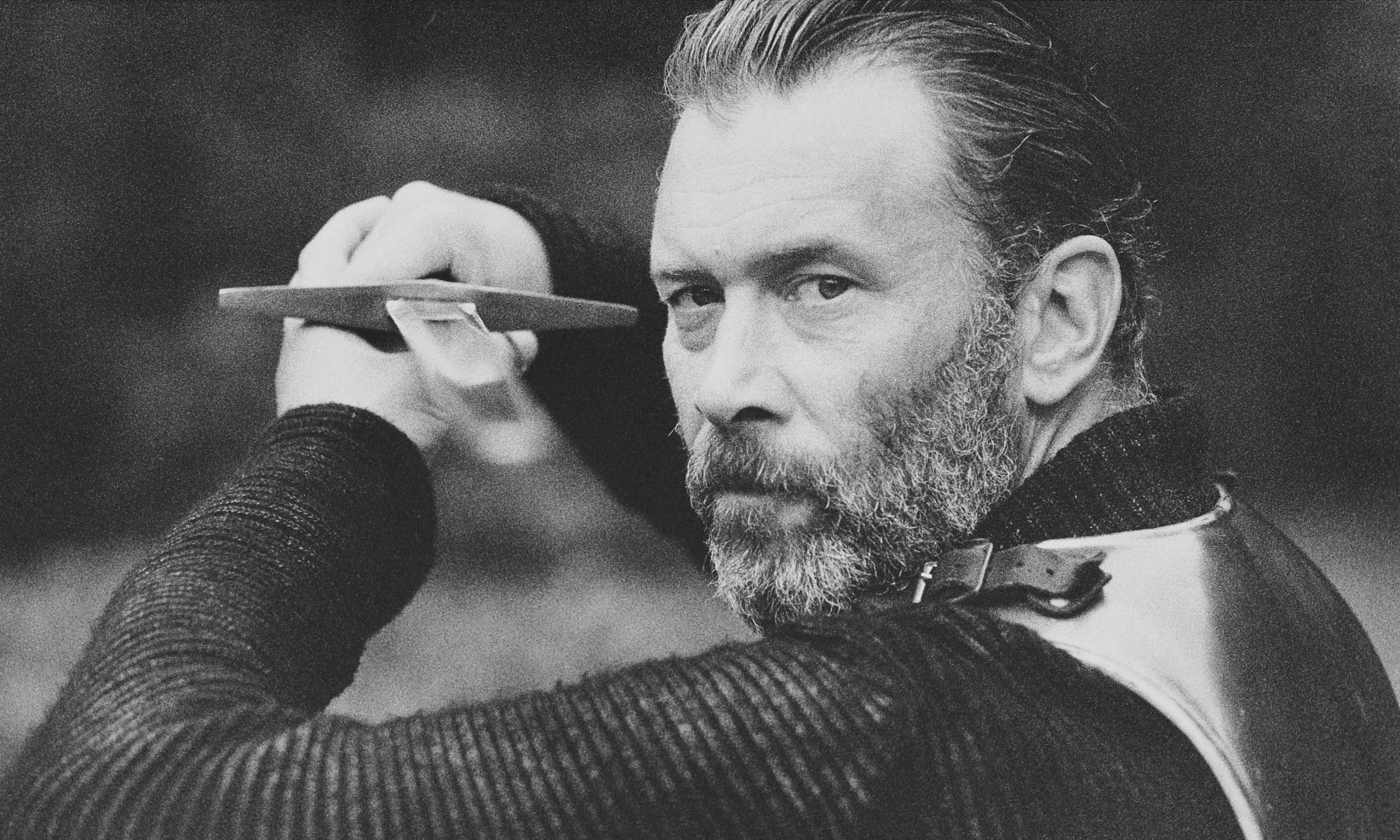Poem 38 of 100 days of poetry
The Character of a Happy Life — Sir Henry Wotton. 1568–1639
How happy is he born and taught
That serveth not another's will;
Whose armour is his honest thought,
And simple truth his utmost skill!
Whose passions not his masters are;
Whose soul is still prepared for death,
Untied unto the world by care
Of public fame or private breath;
Who envies none that chance doth raise,
Nor vice; who never understood
How deepest wounds are given by praise;
Nor rules of state, but rules of good;
Who hath his life from rumours freed;
Whose conscience is his strong retreat;
Whose state can neither flatterers feed,
Nor ruin make oppressors great;
Who God doth late and early pray
More of His grace than gifts to lend;
And entertains the harmless day
With a religious book or friend;
—This man is freed from servile bands
Of hope to rise or fear to fall:
Lord of himself, though not of lands,
And having nothing, yet hath all.
Thanks for listening 🙂
